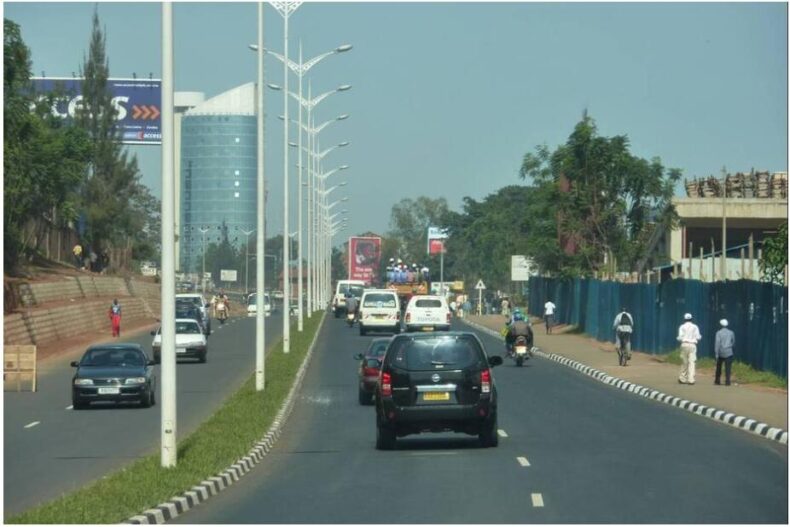A queen of Africa
Since the 6th century, the Bantu peoples came to the region of today’s Angola, moved around with their herds of cattle as nomads and in some cases already settled down, i.e. settled down. They founded cities and villages. Before that, Bushmen, also called San, lived in the region. They can still be found in southern Angola today.
The Kingdom of the Congo was established around 1350. The borders of this kingdom extended beyond what is now Angola. The capital of this kingdom was called Mbanza Kongo and the empire lasted into the 17th century.
Other small kingdoms lay south of the Congo Empire. So there was a kingdom also known as the Ngola Empire. The current name ” Angola” is derived from this empire. But even this empire could not stand against the Portuguese, who later subjugated the country. A well-known queen ruled there for a long time, the Queen of Ndongo with the sonorous name Nzinga of Ndongo and Matamba. It was a very self-confident and argumentative lady.
Portuguese in Angola
The seafarers from Portugal, who at the end of the 15th century traveled along the African coast in search of the sea route to India, also settled on the coast of Angola. It was a bad thing for the population, because the Portuguese forced the locals as slaves on ships and brought them to South America. Between the 16th and 19th centuries, around 3.5 million people came as slaves, mostly overseas.
The Portuguese also founded what is now the capital, Luanda, which initially served as an important military base. But the population tried again and again to defend themselves against the Portuguese. This often led to unequal battles, because the Portuguese weapons were superior to those of the locals.
Slave labor on plantations
In the 17th century the Dutch gained power over the country, but the Portuguese regained the upper hand.
After the slave trade was stopped in Africa in the 19th century, the Portuguese began to build large plantations there. They mainly grew coffee, cotton and sugar cane. But here too the population had to work like slaves again, even if officially there were no more slaves.
The fight for the independence of Angola
From 1951 the first movements in Angola to enforce the independence of the African country. Portugal granted the population further rights within limits. Since Portugal itself became a dictatorship, the overseas province of Portugal also felt this, because people were repeatedly forced into forced labor or forcibly conscripted into military service. If there were uprisings by the local population, the Portuguese usually brutally suppressed them. But that couldn’t go well in the long run.
So it came to the war of liberation. Various groups were involved: The MPLA (Movimento Popular de Libertação de Angola) under António Agostinho Neto was supported primarily by the Soviet Union. The FNLA (Frente National de Libertação de Angola) was led by Holden Roberto and found support from the USA and the apartheid government in South Africa, among others.
Independence and civil war
When the dictatorship collapsed in Portugal, Angola gained political independence on November 11, 1975. The first president was Agostinho Neto from the MPLA. Angola became a socialist people ‘s republic.
But that wasn’t calm. Because shortly after independence there was a bad civil war. Although there was an interim peace agreement in 1994, tensions between the various political groups in the country persisted. The war could not be finally ended until 2002. But refugees and many dead were the result of the clashes. This war brought the country into severe economic hardship, from which it is only recovering very slowly despite the rich natural resources.
João Lourenço as President of Angola
Elections were held in Angola in August 2017, and João Lourenço has been President of the country since September 2017. In previous years (from 2014) he was Minister of Defense of Angola. Although he himself wanted to fight corruption in the country, he is allegedly involved in corruption scandals himself. After his election, the president had actually promised to take action against the considerable mismanagement in the country and thus reduce poverty.
Because many people – despite the country’s rich natural resources – are still poor. Since 2018, the foreign debt, which he actually wanted to reduce, has increased.



